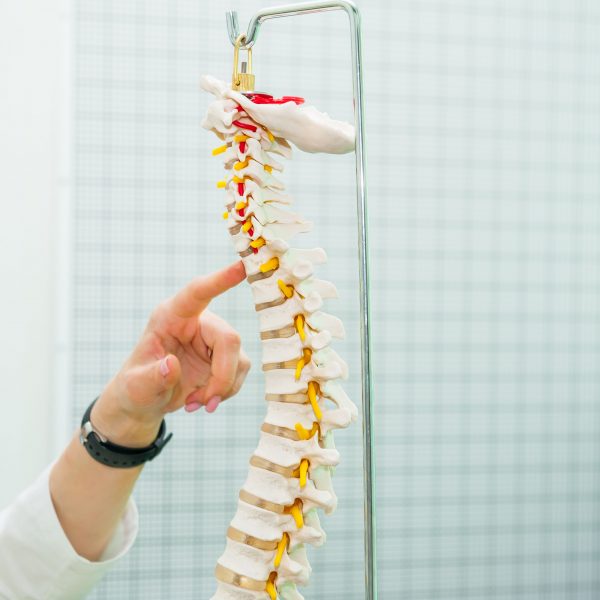Romanticizing the “hustle and grind” culture has become a rampant issue in the company workforce.
In the age when employees cannot separate their careers from their personal lives, many have become too consumed with their work routines. Workers confuse self-worth with becoming overly productive. As a result, burnout has created serious consequences for employees and businesses by affecting professional performance, relationships, and, most of all, physical health.
In 2019, the World Health Organization (WHO) included burnout as a disease classification resulting from chronic workplace stress. They characterized burnout with exhaustion, negativism, and reduced professional efficacy.
Today, companies are taking initiatives to avoid overworking employees, such as revamping HR policies and encouraging healthy work-life balance. Still, it is important to educate yourself on the early warning signs of employee burnout to address them immediately.
Here are the symptoms of employee burnout and how to overcome them:
1. Overwhelming Workload and Missing Deadlines
You have a well-organized to-do list, and you are a pro at organizing work schedules. However, no matter how efficient your work style is, you never come close to accomplishing your tasks. As a result, you procrastinate and turn in your output late, leading you to a perpetual negative feedback loop.
A clear sign of overworking is when you become less productive at work. You push yourself to the limit that focusing becomes too hard. But pouring all energy into your job makes you feel left behind on your personal affairs.
How to avoid it: Learn how to set prioritized goals. Every time you hit your objective, check it off from the list and reward yourself with your favorite takeout food.
2. Trouble Relaxing
Employees with a high-stress job often have difficulty relaxing. These people often show signs of extreme tension, even in low-stress conditions. Being in a continuous state of readiness is their way of adapting to whatever situation that may arise.
Even employees working for extended hours may have difficulty relaxing. They find it hard to draw a line between their “me” time and work. It only becomes worse if they are the go-to person during emergency situations.
How to avoid it: Instead of pushing yourself like in a marathon, set your work in timed intervals. Make good use of your downtime by listening to music, chatting with a coworker, or taking a brief walk outside the office.
3. Extra Hours at Work
One effect of downsizing is when companies force employees to do the job of more than two people. When workers leave, they often leave the unfinished tasks to the remaining employees.
For others, working overtime is a normal part of their lives. Their nine-to-five shift is not enough to squeeze all their tasks, forcing them to extend extra hours, work on weekends, and bring home remaining assignments.
How to avoid it: Make a precise schedule by writing your to-do items and defining the time you will spend on each task. This way, you can identify time wasters, giving you extra time for other priorities.

4. Losing Drive and Passion
When you started your job, positivity and hope motivated you every morning. You felt a deep alignment in your chosen vocation and purpose in life.
Fast forward to a few years, the demanding hours at work put off all the remaining light in you. Loss of passion toward your job often starts with pessimism, detachment, isolation, and loss of enjoyment.
If you think that you are losing drive in your vocation, you might have trouble disconnecting from work.
How to avoid it: Transform your outlook by changing your mindset. Avoid giving in to negative self-talk. Instead, experiment and challenge your work approach with a fresh outlook. Play with your strengths and redesign your work responsibilities.
5. Deteriorating Health
The early signs of deteriorating health manifest through physical exhaustion such as chronic fatigue syndrome and a lack of energy. Soon, other physical symptoms will follow, such as muscular pain, headaches, stomach pain, and difficulty sleeping.
The problem becomes worse when it involves your mental health. You feel anxious, tense, and always on edge. As much as we hate it, the signs of overworking will find their way into our systems.
How to avoid it: Learn how to set boundaries between work and personal life. Before it gets worse, consult a wellness center for chronic fatigue. They offer custom approaches to reduce symptoms while restoring your health.
There is so much more to life than your four-walled cubicle. When you have reached a point where overworking results in health problems, hit the pause button. Burnout is a dangerous disease that will put your hard work down the drain.






